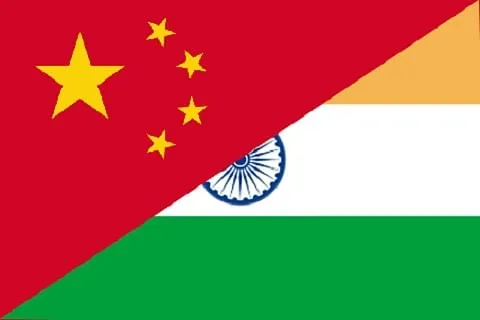National Security Advisor Ajit Doval and Chinese Foreign Minister Wang Yi held a telephonic conversation on Sunday during which they agreed on disengagement of troops along the Line of Actual Control (LAC) at the earliest, the Ministry of External Affairs said.
Doval and Wang are special representatives for border talks between the two countries.
In a statement, the MEA described the talks as “frank and in-depth exchange of views” and said they agreed that both sides should complete the ongoing disengagement process along the LAC “expeditiously”.
The troops of India and China are engaged in an eight-week standoff in several areas in eastern Ladakh including Pangong Tso, Galwan Valley and Gogra Hot Spring.
The Chinese military on Monday began withdrawing troops from Galwan Valley and Gogra Hot Spring.
The MEA said both sides agreed that it was necessary to “ensure at the earliest complete disengagement of the troops along the LAC and de-escalation from India-China border areas for full restoration of peace and tranquillity.”
“In this regard they further agreed that both sides should complete the ongoing disengagement process along the LAC expeditiously. The two sides should also ensure a phased and stepwise de-escalation in the India-China border areas,” the MEA said.
It said Doval and Wang re-affirmed that both sides should strictly respect and observe the LAC and should not take any “unilateral action” to alter the status quo and work together to avoid any incident in the future that could disturb peace and tranquillity in border areas.
On June 30, the Indian and Chinese armies held the third round of Lt General-level talks during which both sides agreed on an “expeditious, phased and step wise” de-escalation as a “priority” to end the standoff.
The first round of the Lt General talks were held on June 6 during which both sides finalised an agreement to disengage gradually from all the standoff points beginning with Galwan Valley.
However, the situation deteriorated following the Galwan Valley clashes that left 20 Indian Army personnel dead as the two sides significantly bolstered their deployments in most areas along the LAC.
China on Monday said Foreign Minister Wang Yi and India’s National Security Advisor Ajit Doval reached “positive common understandings” over easing the current border situation and underlined the need to act promptly on the consensus reached by their military commanders to complete the disengagement of the front-line troops at the LAC as soon as possible.
During his talks with Doval on Sunday, Wang stressed that both sides should pay great attention to the current complex situation facing China-India bilateral relations, and work together to “overcome and turn it around as soon as possible,” a press release issued by the Chinese foreign ministry said. “Both sides agreed to strengthen communication through the mechanism of the Special Representatives’ Meeting, hold Meetings of the Working Mechanism for Consultation and Coordination on China-India Border Affairs without interruption, consistently improve and strengthen confidence-building measures and prevent more incidents that undermine peace and tranquillity in the border areas,” it said. National Security Advisor Ajit Doval was cordial and “forward looking” but at the same time insisted on “timely and visible action” on the ground during his two-hour conversation with Chinese Foreign Minister Wang Yi, which led to the easing of nearly two-month long tensions along the Line of Actual Control, officials said Monday.






